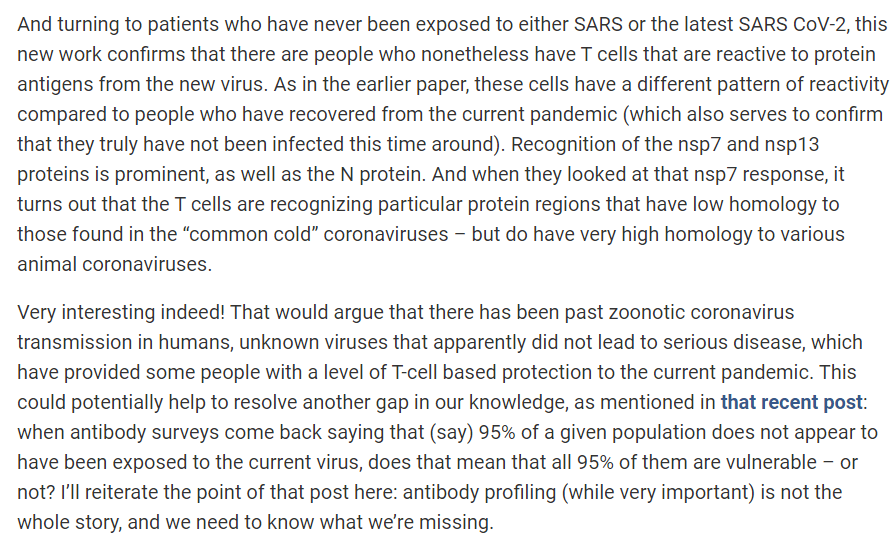
Lifehack with @RoamResearch + tabcopy.com
Declare tab bankruptcy (use tabcopy to copy all the URLs to Roam and CLOSE THE TABS), but add SRS so they resurface periodically. Then chip away at it, slowly whittling down the list as you connect them to your idea graph.
Declare tab bankruptcy (use tabcopy to copy all the URLs to Roam and CLOSE THE TABS), but add SRS so they resurface periodically. Then chip away at it, slowly whittling down the list as you connect them to your idea graph.

Advantages of this over leaving tabs open:
* Contextualized in time (bc of spot in daily notes time stream)
* Can control its draw on my attention
* Can incrementally formalize
* I'm not staring at 100000000000 tabs
* Contextualized in time (bc of spot in daily notes time stream)
* Can control its draw on my attention
* Can incrementally formalize
* I'm not staring at 100000000000 tabs
Some more details on the workflow: 1/N
Step 3: Add spaced repetition with Roam Toolkit: chrome.google.com/webstore/detai…
For tabs that I want to see again someday (don't want to drop in blackhole: CTRL+SHIFT+4); ones I want to pop up sooner (`CTRL+SHIFT+1` --> pops up again tmrw)

For tabs that I want to see again someday (don't want to drop in blackhole: CTRL+SHIFT+4); ones I want to pop up sooner (`CTRL+SHIFT+1` --> pops up again tmrw)


Step 4: The tabs will show up in the linked references for daily notes: at which point I have the option of 1) bumping it again (CTRL+SHIFT+3, for ex., if they don't feel super relevant rn, or CTRL+SHIFT+1 to come back to it again sooner), and/or 2) connect it to the idea graph 

"connecting to idea graph" = often connecting it to a "conceptual hook" (e.g., page about key idea or question, or a person/project)
Once linked, I take it out of tab list, but leave in daily notes page: lots of rich context in timeline that increases the "surface" area of idea
Once linked, I take it out of tab list, but leave in daily notes page: lots of rich context in timeline that increases the "surface" area of idea

• • •
Missing some Tweet in this thread? You can try to
force a refresh






